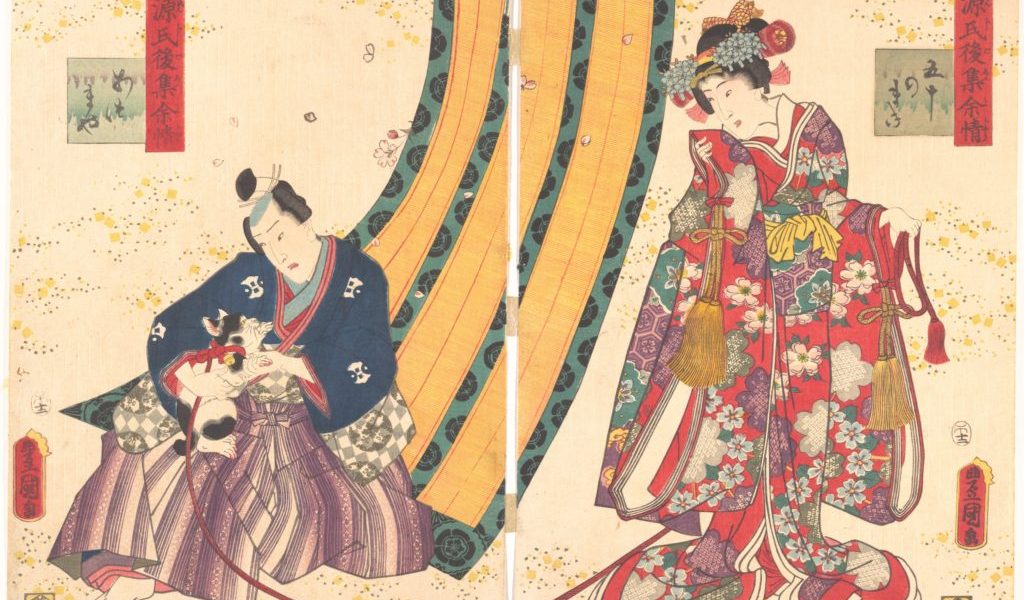Crossing the language barrier: works in translation

Jasmine Aldridge shares her views on her favourite Japanese novel: Diary of a void.
For me, one of the most breathtaking translated works is the Japanese novel Diary of a Void, written by Emi Yagi and translated into English by David Boyd and Lucy North. It is a perfect example of how reading translated literature can both enrich your literary understanding and offer an entertaining read.
The novel follows the life of Shibata, an overworked and underappreciated cog in an office machine who is repeatedly burdened with menial tasks such as making coffees until one day she informs her boss that she is pregnant. Immediately, her office life transforms as she becomes the centre of attention and her previously avoidant colleagues bend to her every whim. But there’s a catch – Shibata isn’t actually pregnant.
Reading translated literature can both enrich your literary understanding and offer an entertaining read.
It is with this deception that Yagi constructs a buoyantly brilliant feminist novel that exposes the patriarchal double standards women are forced to endure, whilst also reminding us of the value of human connection. This novel really captured my heart when I first read it, not only for the engaging twists and turns of the plot, but also for the beautiful clarity of the translation.
One of the best aspects of literature in translation is how the sentence structure and rhythm maintain the nuances of the original language, even when translated into English, and this novel keenly demonstrates this uniqueness. The translation transports you to another world that is simultaneously familiar and distant, reflecting how reading literature in translation not only broadens form and style, but also reflects a wider humanity.
The struggles of Shibata are felt by women everywhere who are constantly belittled in both their homes and their workplaces, and this novel gives an accessible voice to this frustration.
Translated literature allows for a unified sense of belonging that stems from an appreciation of another culture’s unique literary representations alongside offering alternative perspectives on shared everyday battles.


